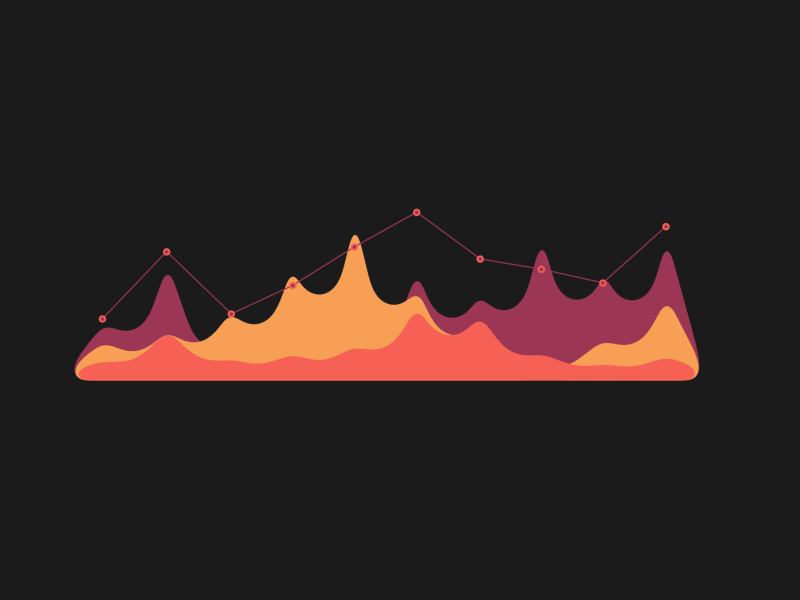Data Rules Blog
Posted by Sarah Leichty
Thoughts on Ten Rules for the Care and Feeding of Scientific Data
Question 1 I am most likely to follow rule 8 because I would like to start using data repositories to store my data in order to keep all of my files in a relevant place. As of now, my documents are stored only on my computer hard drive which I know is risky in the case that my computer breaks or is stolen. In order to provide myself with more piece of mind and easier data sharing in the future, I am most likely to pick up this rule and start directing my future data sets and lab documents to a repository instead of jamming up my computer with all of my essential, irreplaceable files. Question 2 I don’t believe that I’ll ever follow rule 6 because I would feel uncomfortable publishing buggy or insufficient code. I understand that it is a great step towards more reproducible or at least decipherable data in the scientific community, but it would be hard for me as a perfectionist to be willing to give out my primitive code to be published. Along with rule 6, rule 9 would also be a difficult rule for me to follow. I could imagine myself congratulating a close friend on keeping their workflow organized and detailed, but I am a bit of an introvert and would struggle with finding the correct level of familiarity I need with someone in order to praise them for that. For example, if my professor or a boss handled data in a correct and masterful way, I would most likely feel strange complimenting them to the extent that the article implies, seeing as they are my superiors. Maybe if I was in a graduate program right now, I would feel more confident in mentioning my admiration for a superior handling and organizing data well. Question 3 I would really like to follow rule 10 because I understand that changing the status quo at universities when it comes to data sharing is important but I know that I’ll fail due to the fact that I am a shy person who tends to follow the crowd. I would need to become more confident and comfortable with different data-sharing techniques and programs before feeling ready to show why a university should consider educating students to use those practices. As an undergraduate, I feel that I have so much to learn before suggesting fundamental ideas to my superiors, yet I realize that paradigms need to be shifted in order to really produce change when higher-up persons are too ingrained in their habitual practices.
